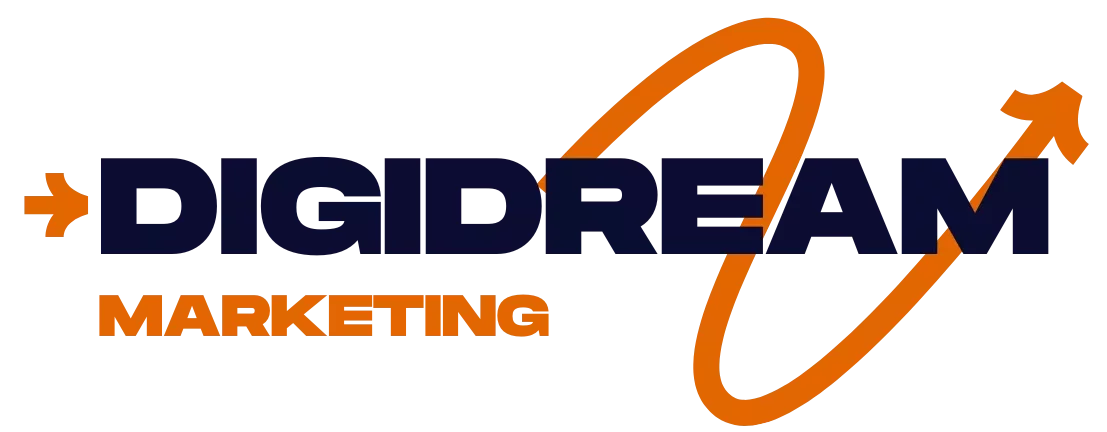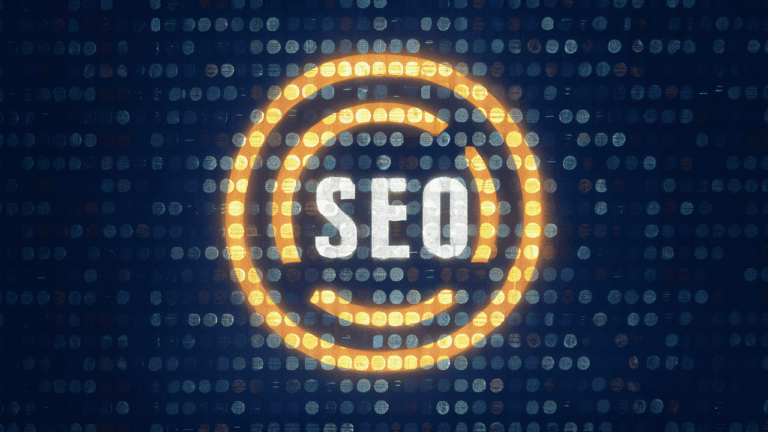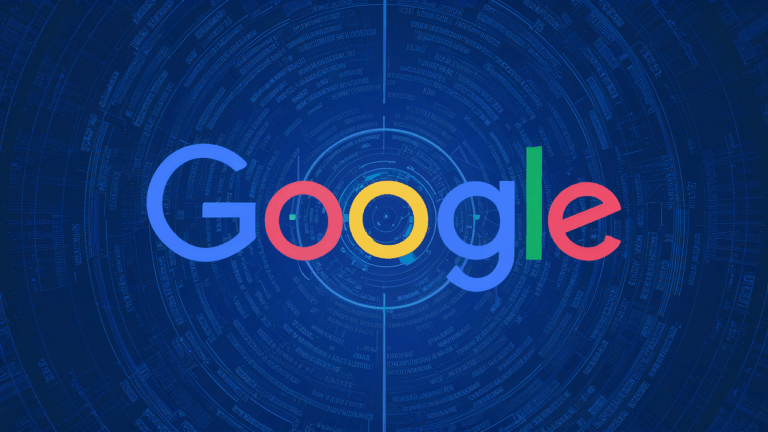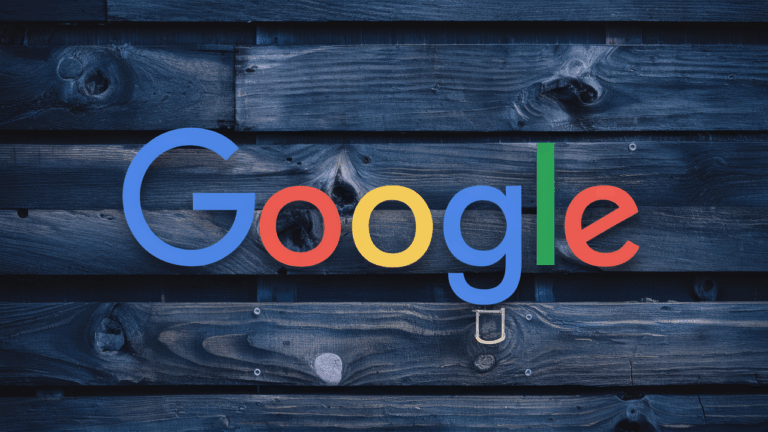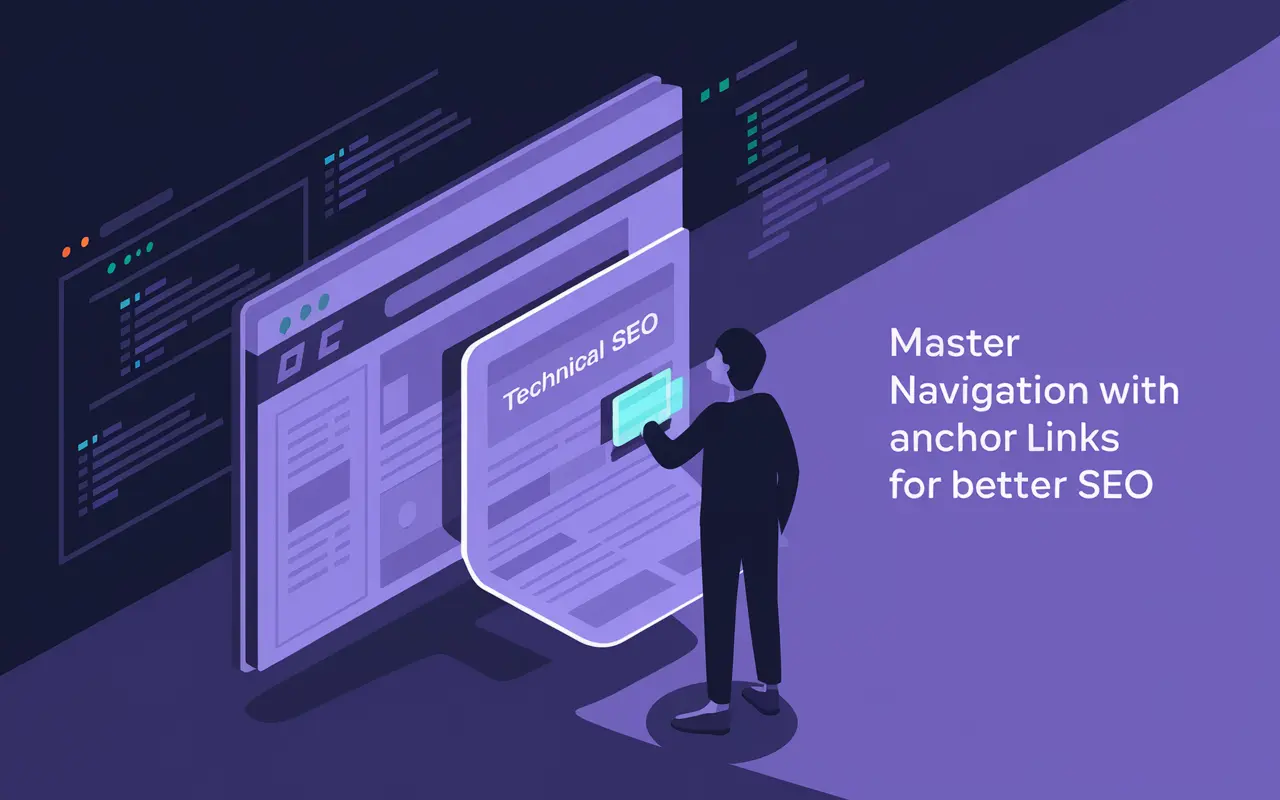Expand Your Reach with Effective Search Engine Advertising
Why Search Engine Advertising is Essential for Your Business Growth
In today’s digital landscape, search engine advertising has become a critical tool for businesses aiming to enhance their online presence quickly. This practice involves purchasing ad placements on platforms like Google, Bing, or Yahoo, which allows your content to appear prominently when relevant keywords are searched. Unlike organic SEO strategies, which may take months to yield results, paid ads deliver immediate visibility, making them an attractive option for savvy marketers.
Immediate Visibility and Targeting Precision
Search engine ads provide instant visibility on the search engine results page, which is crucial for campaigns needing immediate traction, such as product launches or time-sensitive promotions. Advertisers not only gain rapid exposure, but also leverage precise targeting. Ad platforms enable businesses to target specific keywords, demographics, and even geographical locations, ensuring ads reach their most relevant audiences.
Budget Control and Measurable Return on Investment (ROI)
One of the significant advantages of search ads is the ability to manage and control your advertising budget. The platforms offer options to set daily or campaign-long spend limits, ensuring you never exceed your financial constraints. Additionally, search ads provide measurable ROI metrics that allow you to track spending versus conversions effectively, offering insights that can refine advertising strategies over time.
Navigating the Pros and Cons of Search Ads
As beneficial as search ads are, there are challenges to consider. The cost of competitive keywords can be high, which might strain resources if not managed correctly. Additionally, the ephemeral nature of ads—they disappear once the budget is exhausted—means they require continuous investment to maintain visibility.
| Pros | Cons |
| Immediate Top of Results | High keyword competition cost |
| Precise Demographic Targeting | Budget limits end visibility |
| Customizable Budget | Detailed management required |
| Measurable Performance Metrics | Saturation leads to ad blindness |
Strategies for Effective Search Ads
Key strategies include understanding the cost-per-click (CPC) in your industry to set appropriate bidding strategies, as well as leveraging tools to track competitor strategies on platforms like DigiDream. For businesses targeting global reach, combining Google and Microsoft Ads offers comprehensive market coverage.
Maximizing Success with Expert Advice
Experts suggest delineating branded from non-branded keyword campaigns to better assess performance. Implementing call tracking can uncover underperforming ads and optimize better strategies. Long-tail keywords often yield superior results due to their specificity and lower CPC compared to short-tail terms.
In conclusion, while crafting a successful search engine advertising strategy requires strategic planning and ongoing management, the rewards in visibility and conversion often justify the effort. Start with small, controlled testing, move onto scaled campaigns, and integrate with wider digital strategies for optimal results.
#SearchAds #DigitalMarketing #DigiDream #GoogleAds #OnlineAdvertising #SEO #KeywordStrategy #AdBudget #MarketingInsights #SearchEngineMarketing #PPC #CPC #ROI #ConversionRates #DigitalStrategy
